Skin's Saga: Unraveling Scar Secrets

Scars are like the maps of our lives, etched onto our skin by moments both significant and mundane. They tell stories of adventures, challenges, and cherished memories, leaving behind visible imprints of our journey through life. Whether it's the mark from a childhood bike ride or the remnants of an encounter with nature's thorns, each scar has its tale to tell.
In my own tapestry of scars, the woven threads are memories of wild adventures with my late dog T-Rex. Together, we braved the untamed wilderness, his spirit as fearless as his namesake. The scratches on my ankles and forearms are not just reminders of our escapades but also of the love and companionship we shared. Though he's no longer by my side, his memory lives on in the marks he left behind.
Understanding Scars
Scars are the body's way of healing wounds, a natural process orchestrated by collagen, the building blocks of our skin. When the skin is injured, collagen rushes to the rescue, bridging the gap and knitting the wound together. Over time, this collagen scaffold matures, remodeling the skin and leaving behind a scar.
But scars aren't just physical; they can have a profound impact on self-esteem and confidence. Acne scars, in particular, can be a source of distress, serving as constant reminders of past struggles.
Natural Solutions for Scar Care
Fortunately, nature offers a wealth of remedies to help improve the appearance of scars and promote healthy skin. Essential oils, in particular, may be potent allies in the quest for smoother, more radiant skin.
Incorporating these essential oils into your skincare routine may help fade existing scars and prevent new ones from forming. By harnessing the power of nature, you may be able to unveil the beauty of your skin and embrace your scars as badges of honor, each telling a unique story of resilience and healing.


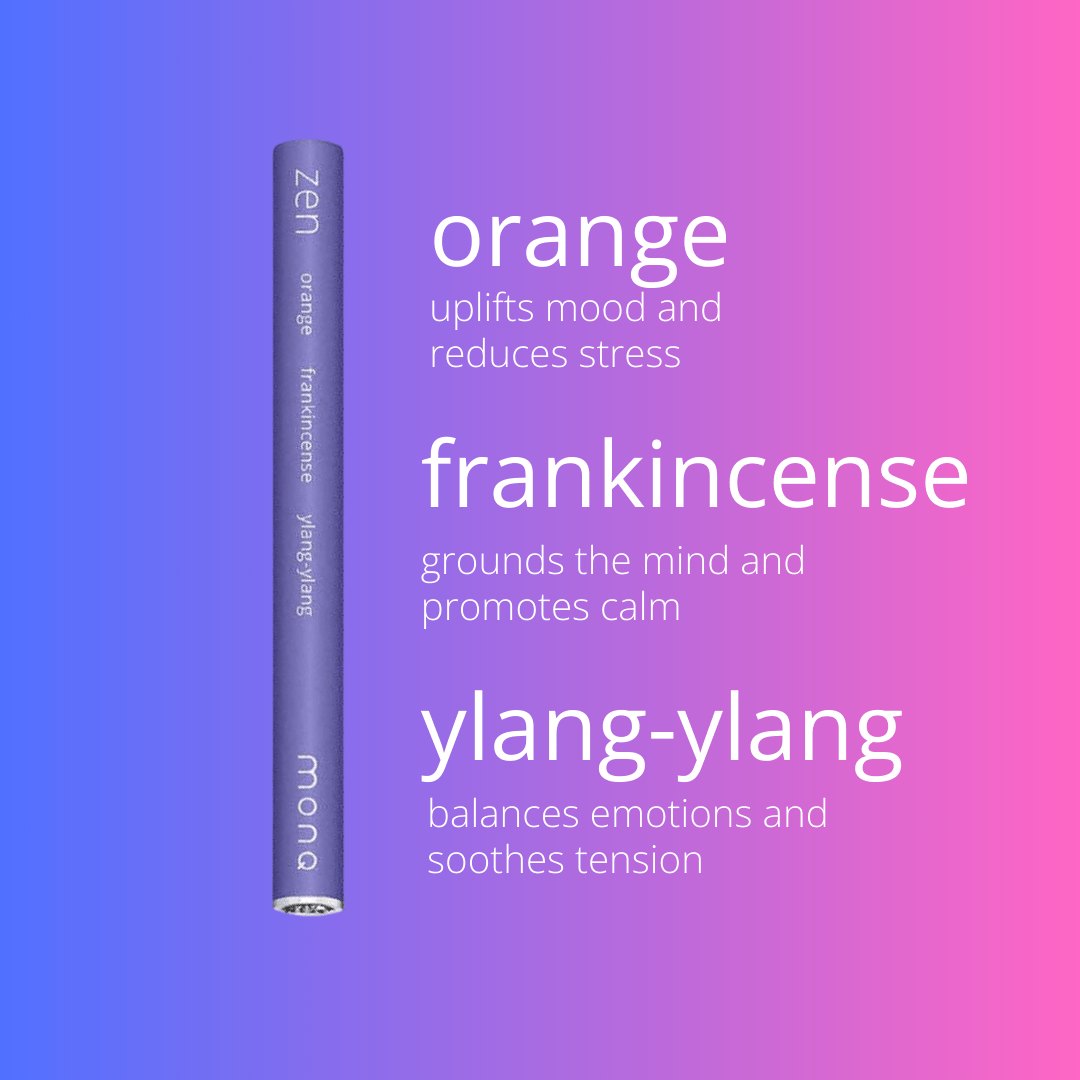
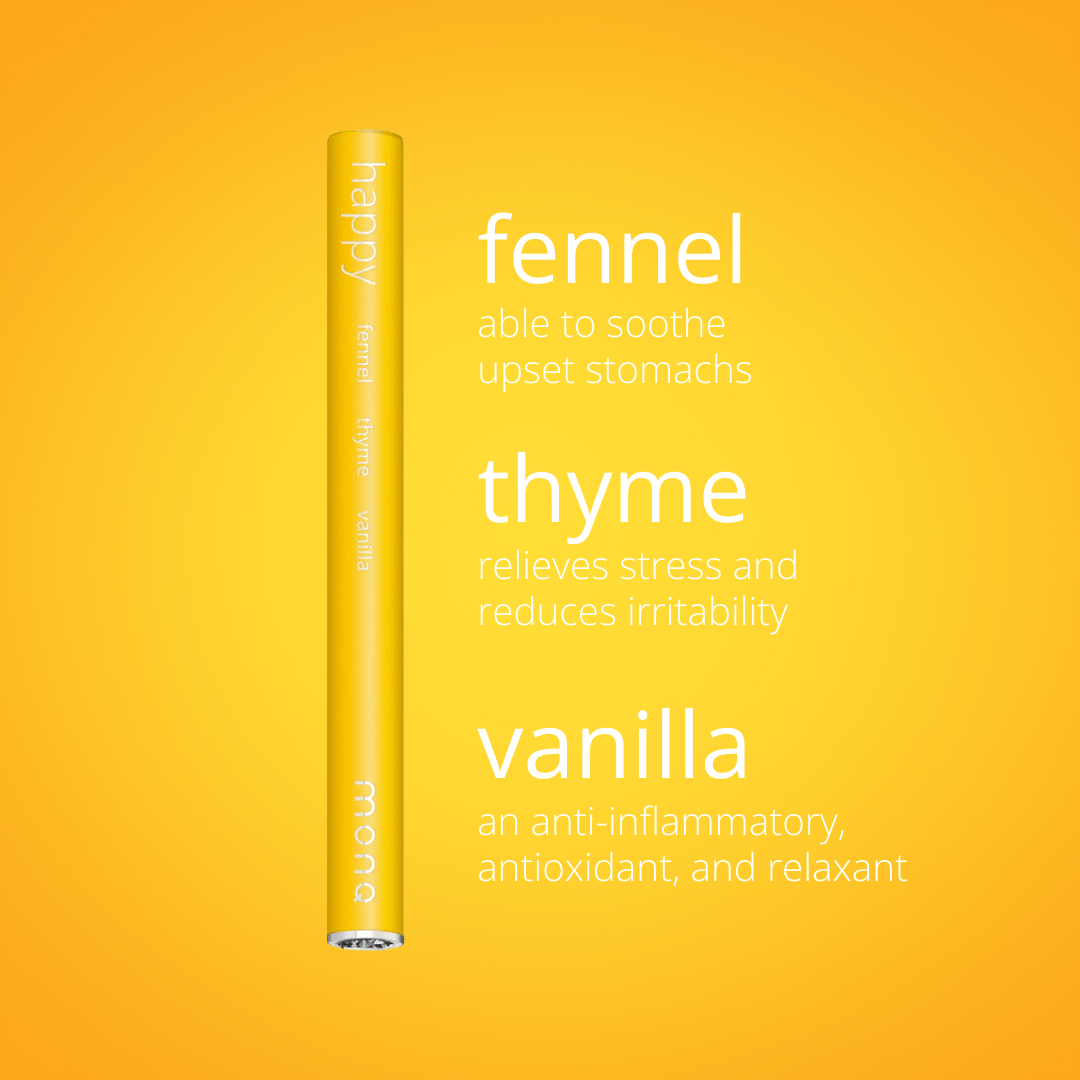
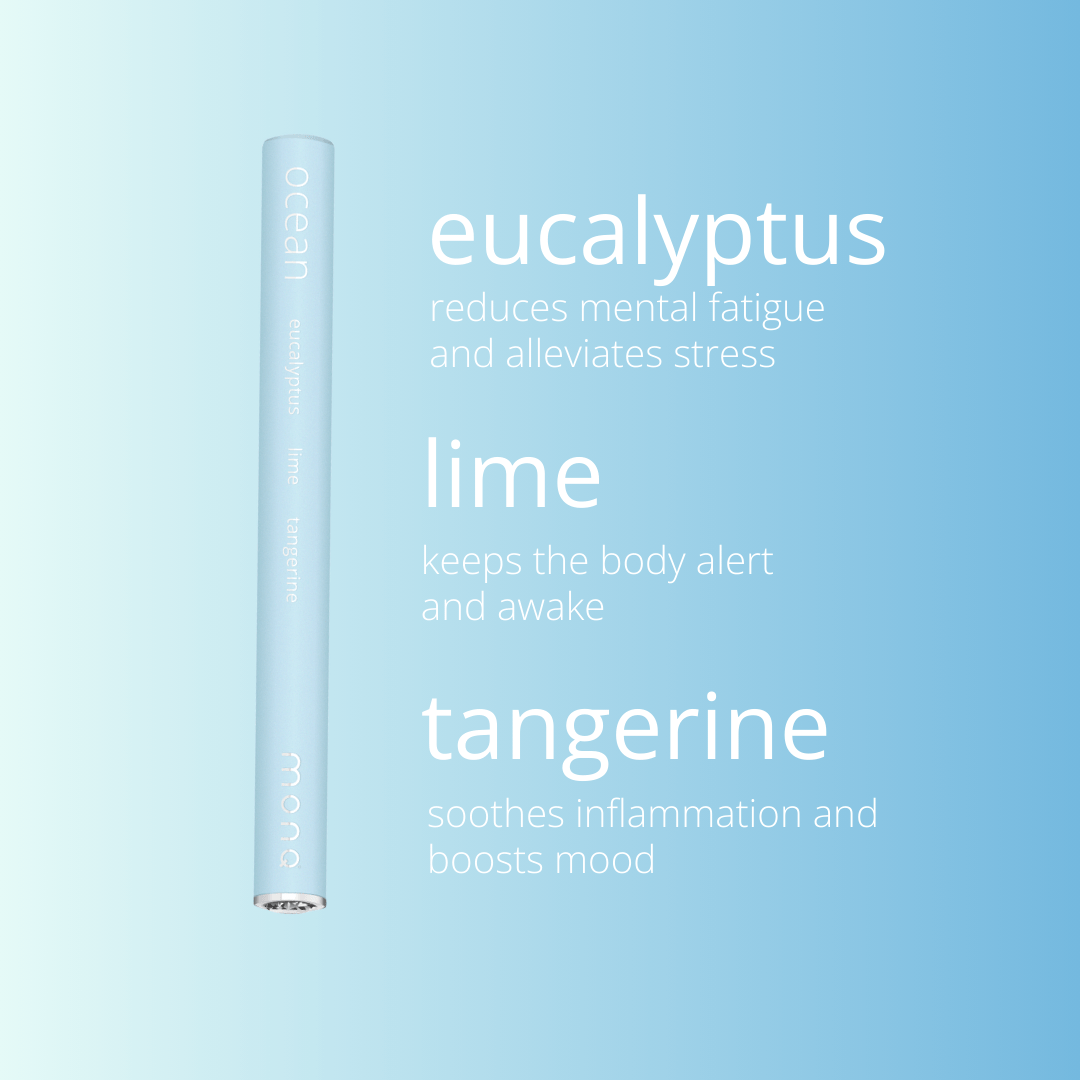

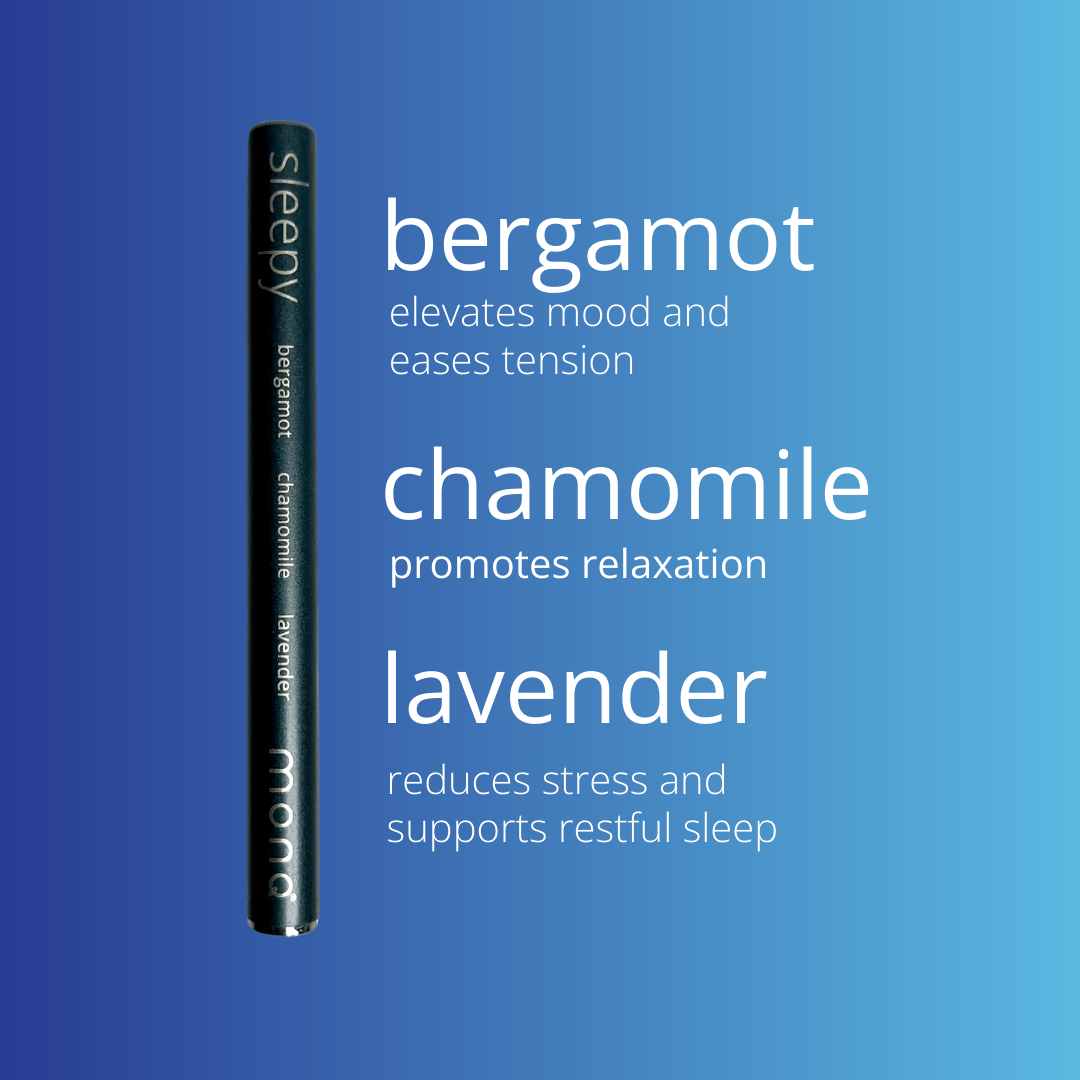

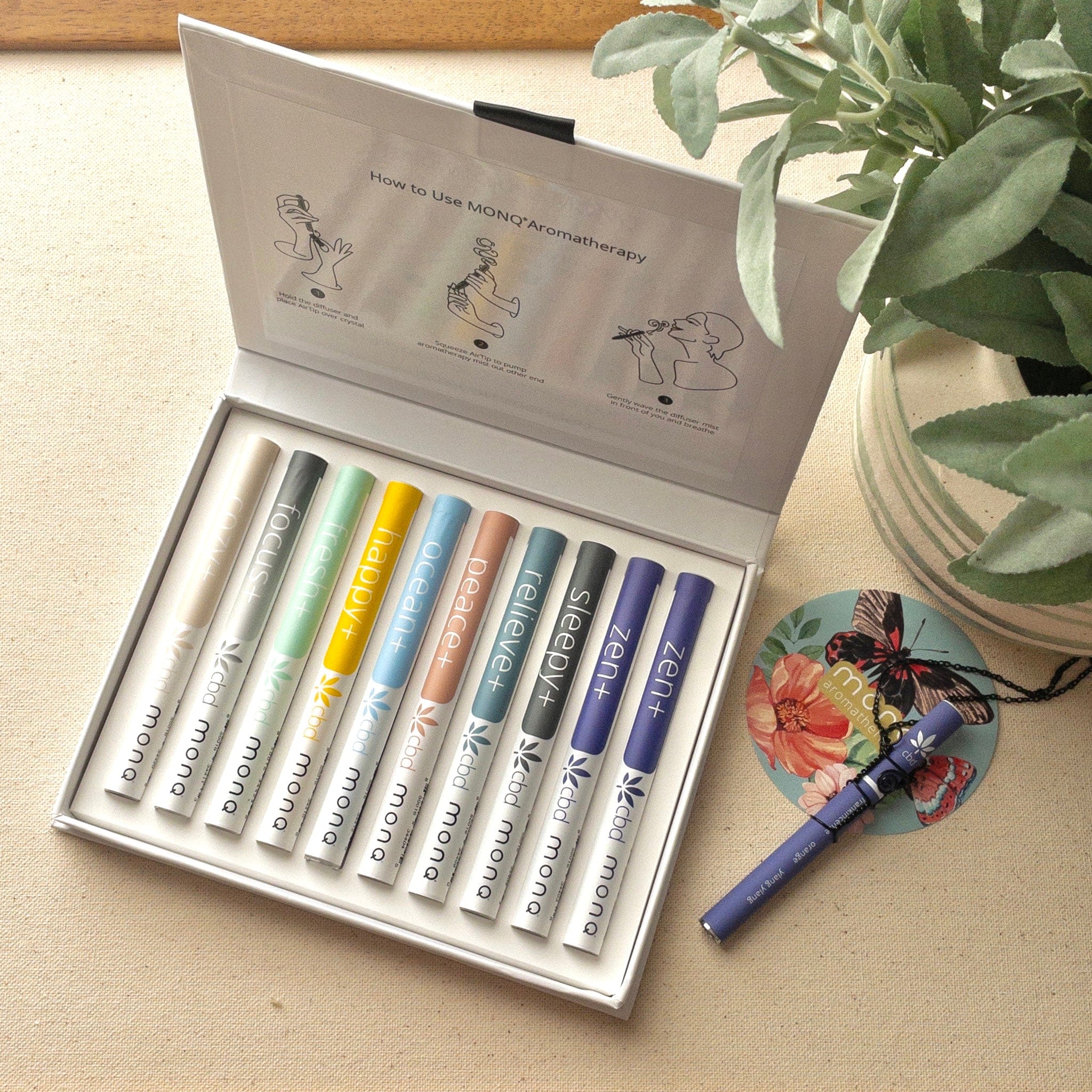
Leave a comment